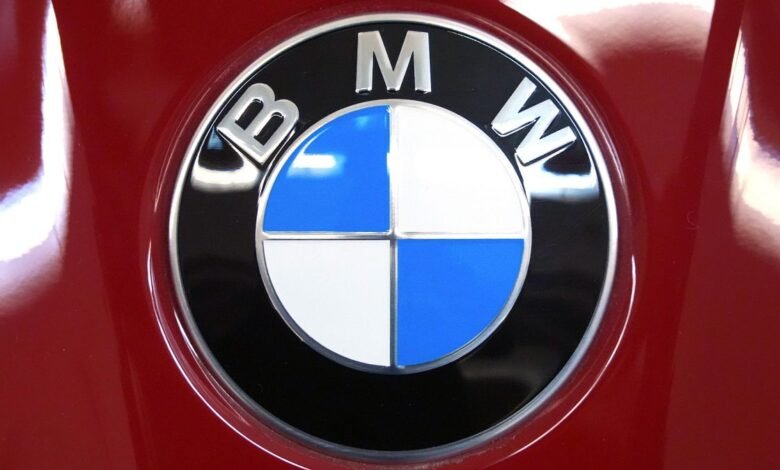Alibaba joins forces with BMW to work on AI tech for cars in China

The partnership demonstrates Alibaba’s increased focus on AI, while BMW is also seeking to develop competitive products for the Chinese market.
BMW and Alibaba Group have announced that they have partnered to develop artificial intelligence for cars in China. This decision comes as Alibaba Group attempts to focus more on monetising its products and growing its customer base.
Alizila, Alibaba Group’s digital newsroom, said on its website: “Under the partnership, the new BMW Intelligent Personal Assistant (IPA) will integrate a bespoke AI engine co-developed by BMW and Alibaba.”
“The AI engine will be based on the Yan AI, a Qwen-empowered smart cockpit AI solution developed by Banma, Alibaba’s intelligent cockpit solution provider. The AI-enhanced IPA will debut in BMW Neue Klasse models produced in China starting from 2026, setting a new benchmark for intelligent, intuitive and engaging human-vehicle interaction.”
This collaboration is expected to be a significant milestone in advancing AI-driven mobility in China. These AI features will focus on improving in-car mobility services, such as their navigation and assistance features, as well as more natural voice interactions.
It will also support Alibaba’s ambitions to spark change through AI technology, along with BMW’s goal of integrating AI across its product range.
BMW’s Neue Klasse models will initially have two AI agents, dubbed Travel Companion and Car Genius. These can be used for customised lifestyle services and real-time help. This includes things like planning dinner outings, which the AI system offers by combining restaurant ratings, real-time traffic data and personal preferences.
“Our long-term partnership with Alibaba Group is exemplary of common growth achieved with co-creation. BMW will work closer with Chinese tech partners on electric mobility and intelligent technologies to write our renewed win-win story,” Sean Green, President and CEO of BMW Group Region China, said.
Eddie Wu, CEO of Alibaba Group, added: “Our partnership with BMW Group marks a pivotal leap in deploying AI-powered large language models at the forefront of advanced manufacturing, and Qwen’s integration into BMW’s in-car systems showcases how AI can revolutionize mobility,” “AI is a driving force to advance productivity across industries. We look forward to working closely with BMW to pioneer AI applications in the mobility sector that drive innovation and truly elevate user experience,” he continued.
BMW continues to focus on electric vehicles
BMW Group has focused heavily on electric vehicles in the last few years, seeking to establish a significant share of all-electric vehicle sales by this year. It also aims to produce fully-electric versions of key models, planning to make subsidiary products from Rolls-Royce and MINI Cooper completely electric by the early 2030s.
The launch of the Neue Klasse is expected to considerably help the group meet its goal of hiking its all-electric delivery share to 50% from this year onwards.
“Fully-electric vehicles accounted for over 17% of total sales last year. Including plug-in hybrids, nearly one in four vehicles sold was electrified,” Oliver Zipse, the chairman of the board of management of BMW AG, said at the Annual Conference 2025 in Munich.
“We are targeting further growth in e-mobility in 2025. We will hit two major milestones this year: We will reach the total of more than three million electrified vehicles and over 1.5 million BEVs sold since the launch of the BMW i3 and BMW i8. Our customers can choose between over 15 BEVs across all our brands,” he continued.
However, European electric vehicle makers as a whole are still struggling, with several car companies such as Volkswagen and Volvo adjusting EV targets. This is mainly because of weaker-than-expected EV demand, as well as an increased focus on hybrid technology.
Rising competition from Chinese rivals such as BYD, SAIC and Geely as well as decreased government subsidies for both electric vehicles and plug-in hybrid vehicles from Germany, the UK, France and more European countries have contributed to the uncertain outlook for the EV sector too.
Source link



